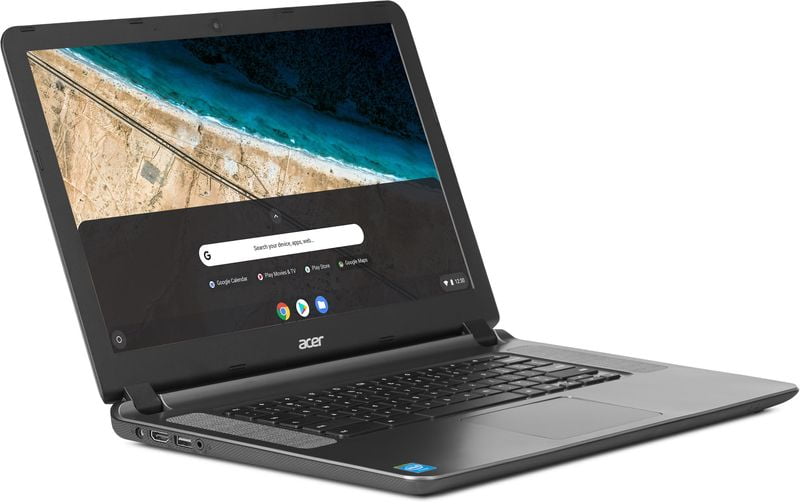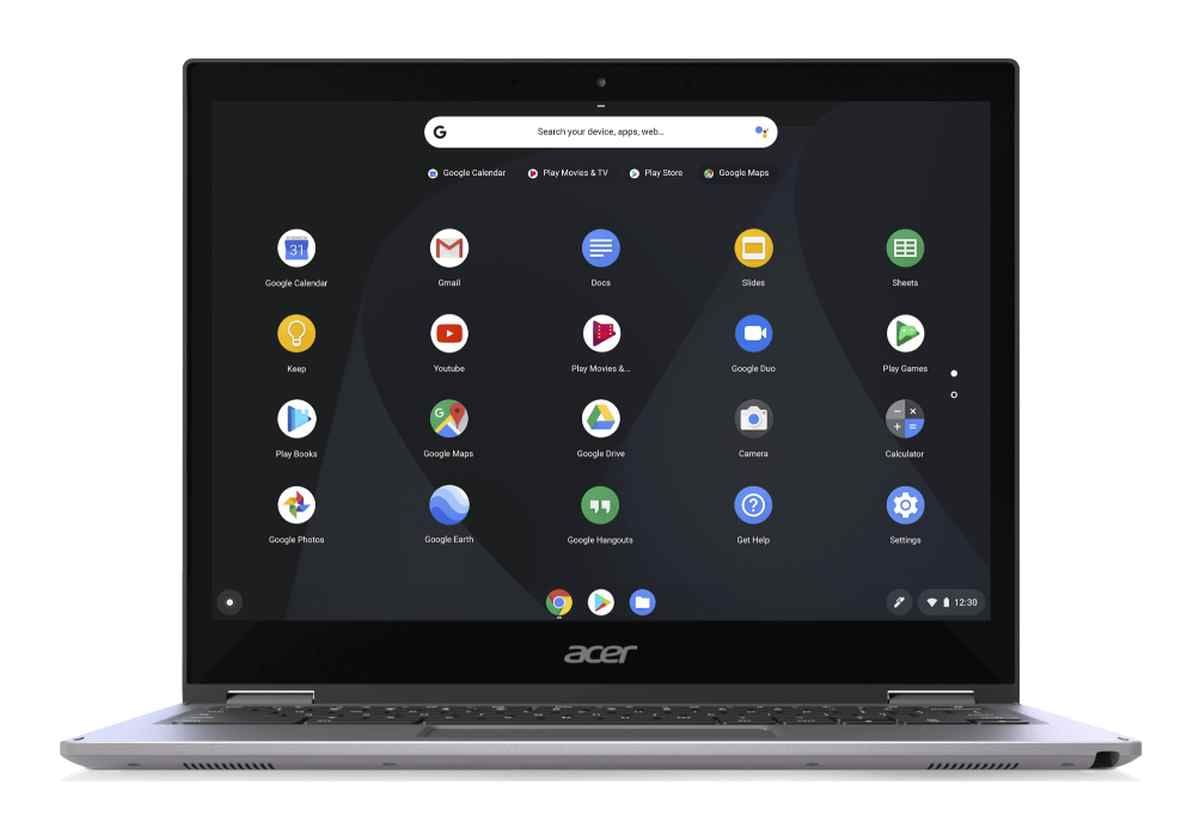Throughout these days have been coming out several favorable reports for Chrome OS, Google’s operating system for Chromebooks, as it become the second most used operating system worldwide, according to data from different consulting firms, putting it ahead of macOS, Apple’s operating system for its desktop computers.
And with the level of adoption of Chromebooks booming, Google has started working on an additional protection system for Chrome OS, seeking to limit data access to external devices.
Google takes actions to make Chrome OS a more secure operating system
Android Police has now found some evidence in Chromium Gerrit about the development of Pciguard, the new security component of Chrome OS, responsible for verifying, and if necessary, limiting access to data stored on the computer to external PCI devices that have been connected via Thunderbolt 3 or USB 4 ports.
Google has not overlooked the versatility of the emerging USB 4 standard, which may also bring with it new threats to the security of data stored on Chrome OS laptops and computers.

For now, Chome OS has the new security feature, on an experimental basis, in the new version available in the Canary channel, which with its prior enablement, the system will try to stay safe from external devices that may have harmful behaviors.
As they explain, Pciguard acts as a “one-way valve that helps prevent externally connected peripherals from reaching the data”.
As an example, they indicate that a user who is under a guest account, when connecting a device under Thunderbolt, the new mechanism will block access to the data completely, although, in the case of USB 4, access will be quite restricted.
The new feature is also intended so that, when the time comes, users can disable it in case they encounter any incompatibility in any connected device in front of the new additional security mechanism.
In any case, it is all about bringing additional protection capabilities to devices under Chrome OS.
It is already a matter of the new protection mechanism progressing to be available, in the more or less near future, in a new stable version of Chrome OS on Chromebooks, and also on Chromeboxes for those who bet on them.




